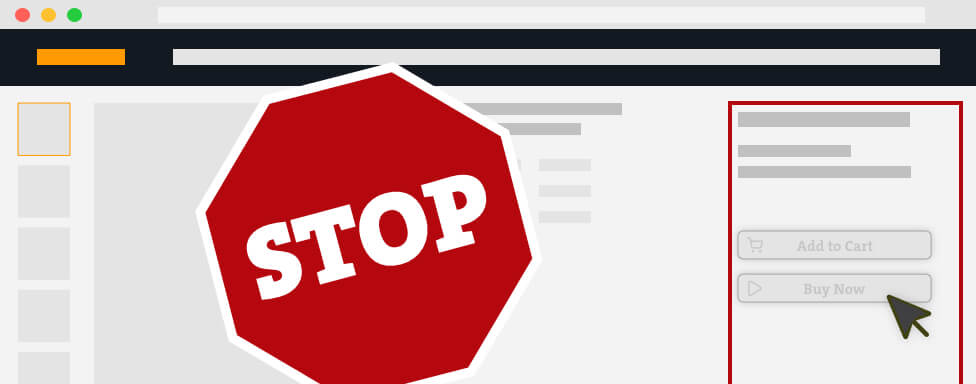 Welcome to the Digital Marketing post category, your trusted source for all things related to SEO (Search Engine Optimization). As a full-service eCommerce agency, we understand the significance of effective marketing strategies in driving online success.
Welcome to the Digital Marketing post category, your trusted source for all things related to SEO (Search Engine Optimization). As a full-service eCommerce agency, we understand the significance of effective marketing strategies in driving online success.
Our team is dedicated to helping you navigate the intricacies of SEO to maximize your online visibility and reach. We understand that achieving top rankings in search engine results can be a complex tasks. That’s why we provide you with valuable resources, informative articles, and practical tips to demystify these disciplines and help you achieve your online marketing goals.





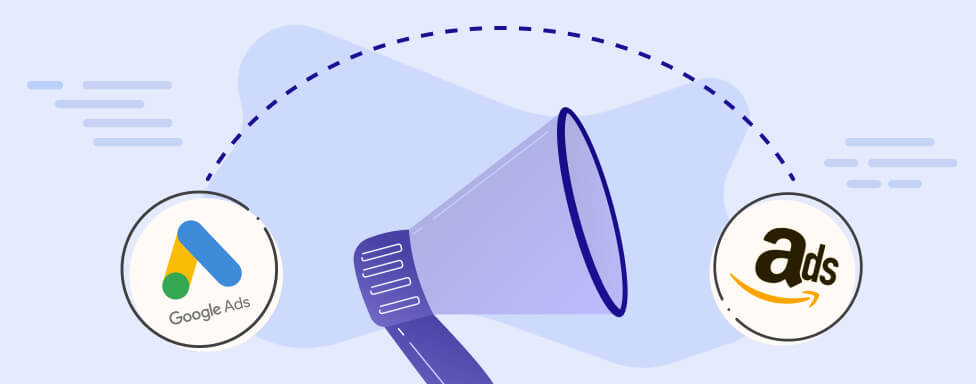

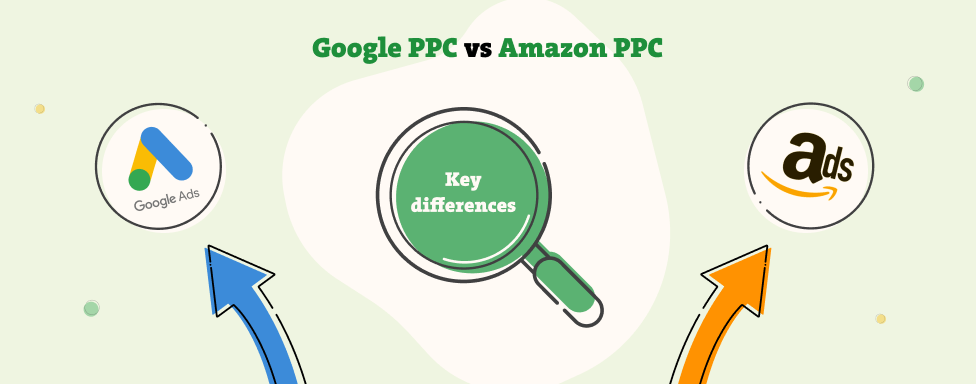


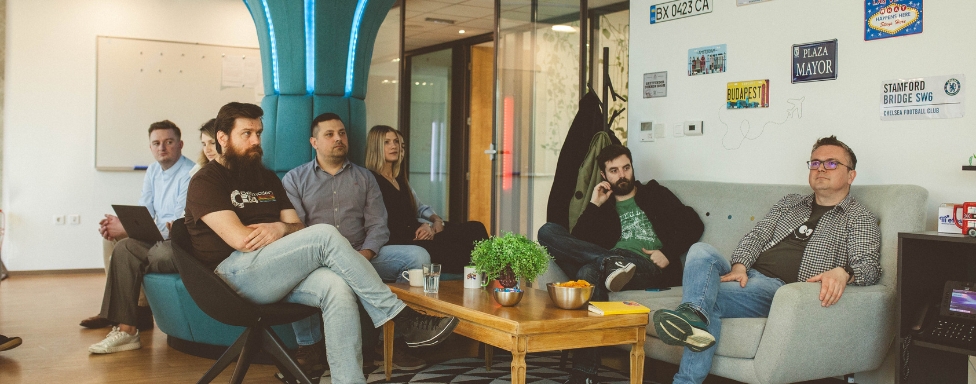


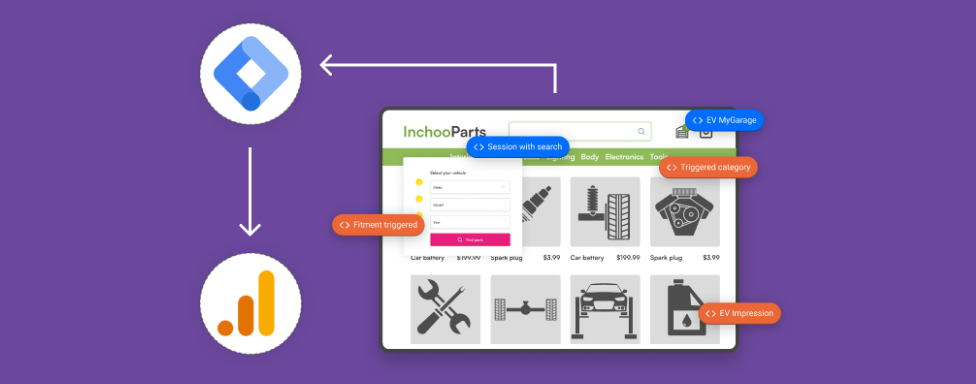



![Difference Between GA4 and Universal Analytics [GA4 vs UA] Google Analytics 4 vs Universal Analytics](https://inchoo.net/wp-content/uploads/2022/04/GA-4-vs-UA-1.jpg)











